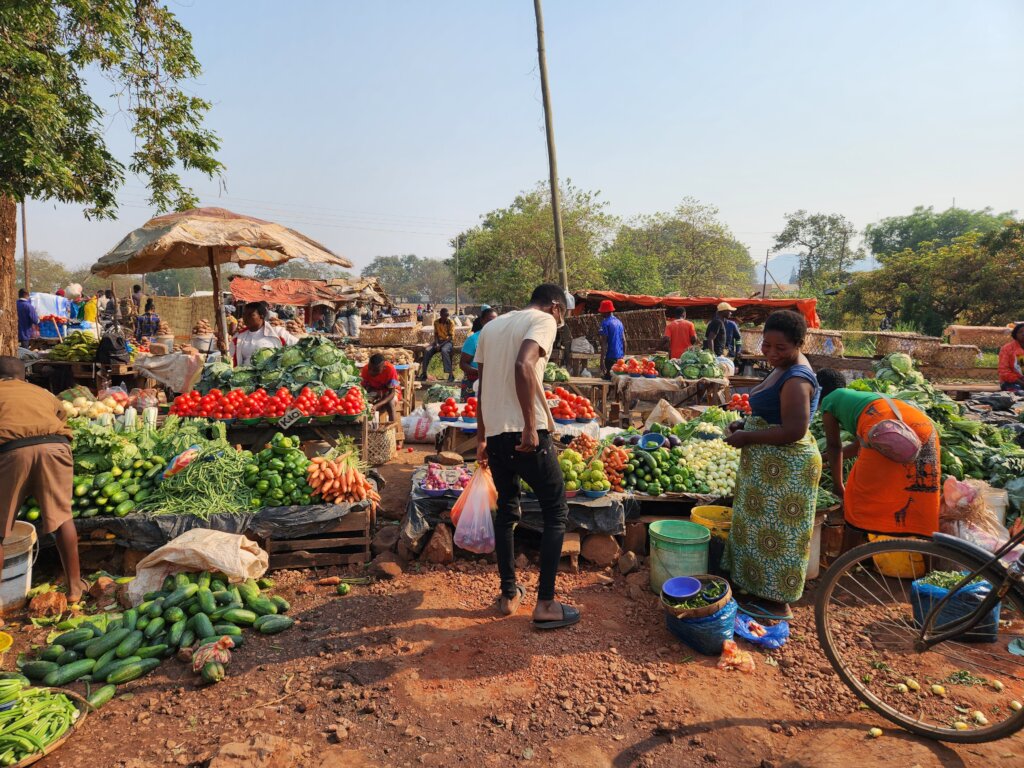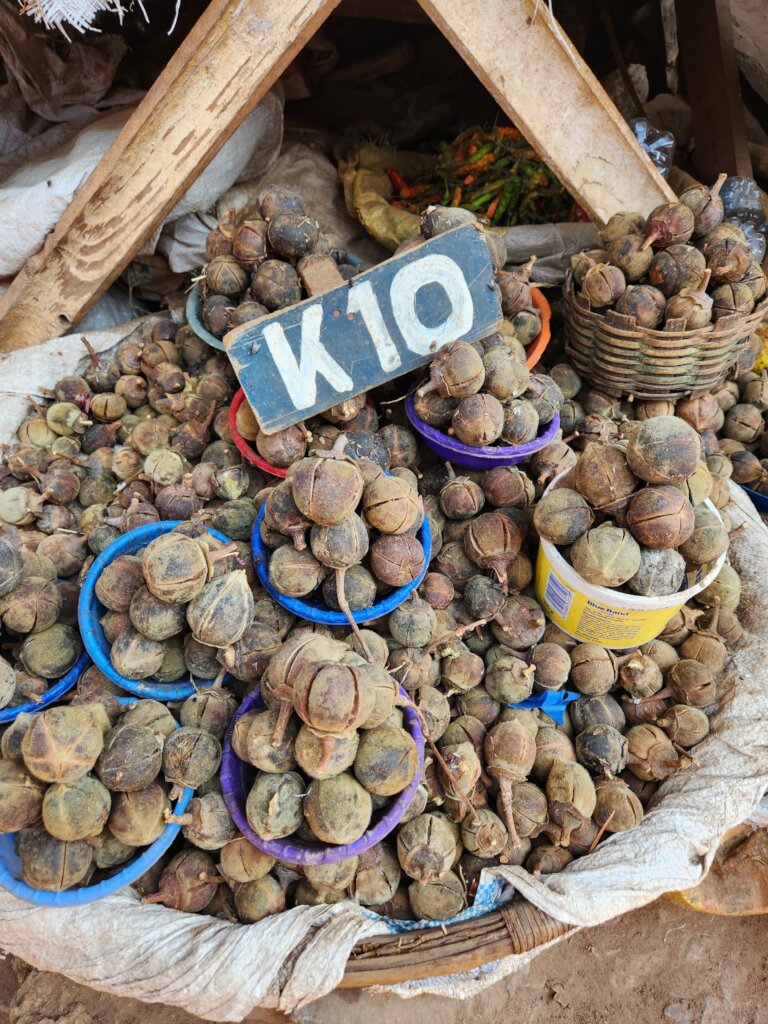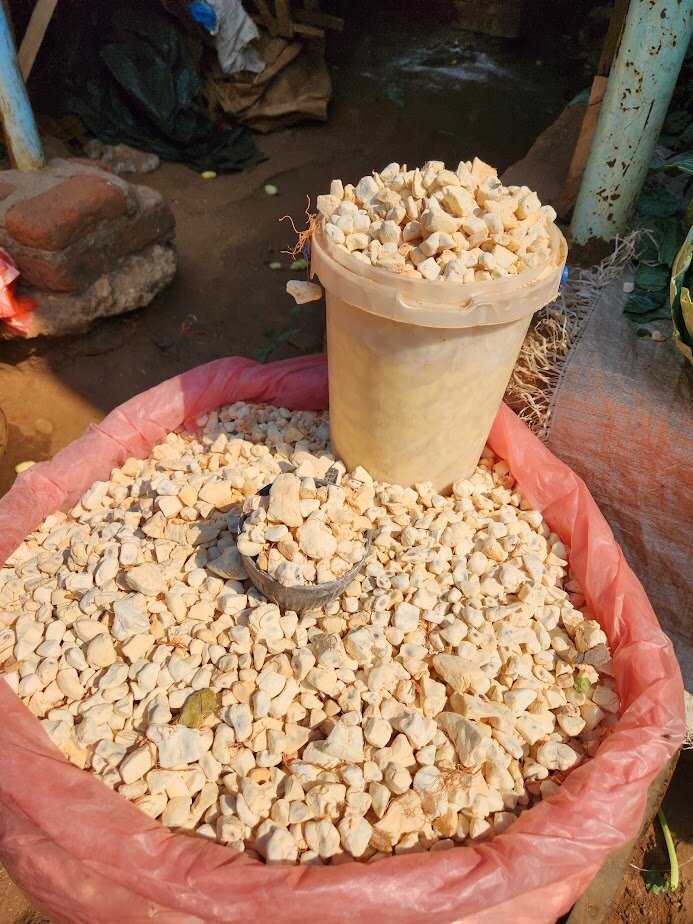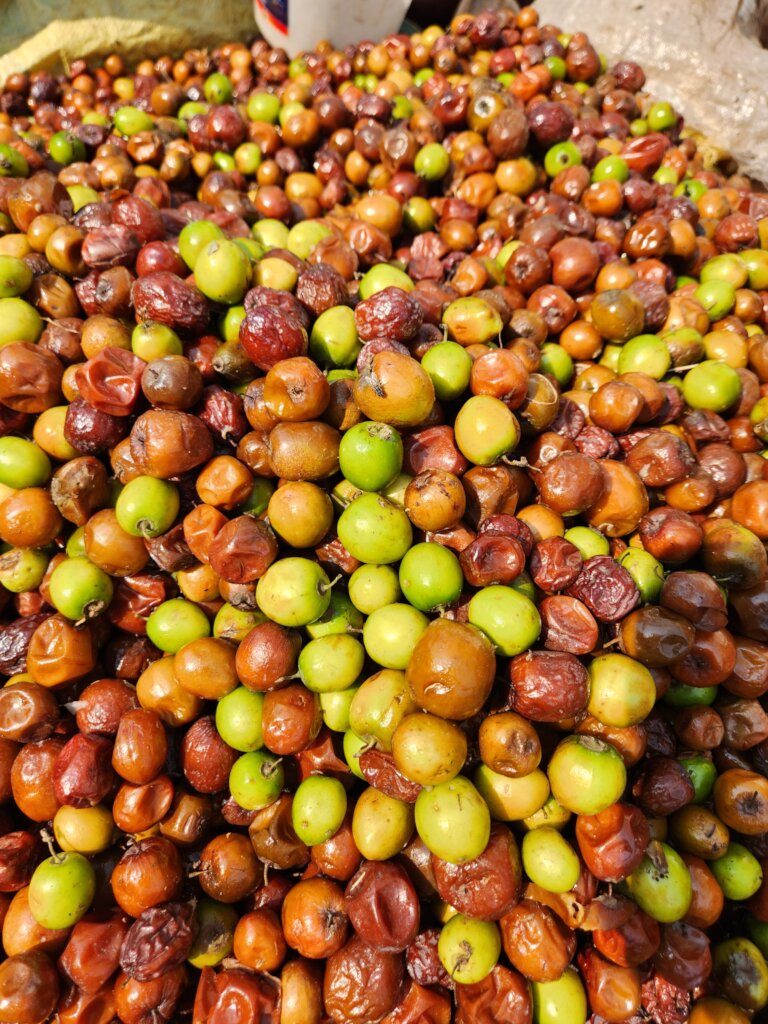By Cathy Watson | Chief of Partnerships
Stepha is excited. She has just returned from the field in Zambia. Besides all the indigenous fruits she saw in the markets, the Southern African nation recently published its food-based dietary guidelines.
“Not many countries have them,” says the Irish social scientist, who promotes greater use of tree foods. “A food-based dietary guideline is a huge step towards better food systems for healthy diets. It’s developed by the country, for the country. It’s much stronger than just saying eat such and such food groups”.
McMullin glows when she talks about Zambia’s guidelines,which she describes as progressive. “Food-based dietary guidelines are adapted to a country’s nutrition situation, food availability, culinary cultures and eating habits.”
It is a major breakthrough anywhere in the world for wild foods like insects and native plants to be recognized in a government document: Zambia’s guidelines mention insects no less than an astounding 72 times and products of the iconic baobab tree 22 times.
Sour fruits like baobab and tamarind are rich in vitamin C, say the guidelines, with a quarter of a cup of baobab fruit containing as much as one large orange.
And in a “healthy tip on easily eating two fruits per day”, they state that eating naturally growing fruits, like masuka from the Uapaca kirkiana tree, are “healthy options with many essential nutrients”, and that “wild fruits such as marula, sour fig, mobola plum, and azanza or snot apple are also good sources of anthocyanins and flavonoids”.
All this is music to our ears, and an endorsement for this project. We would like to thank all our donors on GlobalGiving. Much more needs to be done to bring native food trees and improved exotic tropical trees like mango on to farms. You are helping us do this.
“We are going into outreach now,” says project lead Stepha, “with partners on nurseries and extension agents on how to grow a diversity of trees and how this can support more resilient local food systems. In 2023 we will integrate nutrition information into the roles of community health volunteers and put out radio shows, posters and leaflets.”
As your funds accumulate, we are looking for the most strategic way to spend them. It may be a seed training; getting seed for indigenous trees needs to be carefully planned. It may be a training for health workers. Where in the world do health workers talk about trees?
This is an important new frontier and absolutely essential. In Zambia, over 80% of rural households collect nutrient-rich food from the wild, yet the need for fuel wood and charcoal means those trees are being cleared. Meanwhile, poor urban dwellers have far worse diets than the rural population.
“In three years’, time we would like to see rural communities adopting greater tree diversity for greater dietary diversity, and having had the opportunity to select the fruit and food trees from a portfolio based on their recommendations,” says Stepha.
After deep consultation with communities, her team have a list of 5-6 indigenous trees and 5-6 exotic ones.
About urban communities, she says, “we would like to see these wild and improved fruits and tree products appearing much more in markets. Almost 50% of Zambia’s population lives in a town. Markets are a crucial part of the food environment. People without access to land need to have access to nutrient-rich foods.”
She says that a strong market for nutritious tree products in towns will motivate farmers to grow them. “We know that smallholder farmers are really incentivized by income. If they can sell seasonal produce, as well as have enough nutrient-rich food for their family, it is a better package.”
We thank you for staying with this project, which is part of a larger project to make tree foods available. Quietly revolutionary, it is going places. We send a special thanks to those of you who are recurring donors, and ask all of you to set up a monthly donation. We also ask you to ask your friends and colleagues to donate. Together we can change the world.
Links:
Project reports on GlobalGiving are posted directly to globalgiving.org by Project Leaders as they are completed, generally every 3-4 months. To protect the integrity of these documents, GlobalGiving does not alter them; therefore you may find some language or formatting issues.
If you donate to this project or have donated to this project, you can receive an email when this project posts a report. You can also subscribe for reports without donating.
Support this important cause by creating a personalized fundraising page.
Start a Fundraiser


